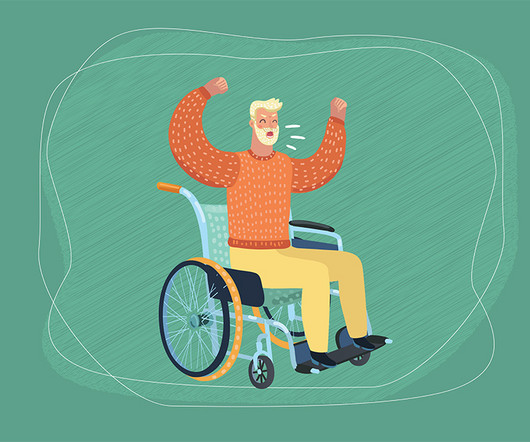Assessing Agitation and Aggression
Hope Hospice
MARCH 22, 2023
People who are experiencing cognitive decline may exhibit agitation at times, more so as the underlying disease advances. A person who is agitated may ignore someone who is speaking to them, grunt or have other verbal outbursts, refuse to eat, or resist regular tasks like bathing. Agitation is usually related to an umet need.











Let's personalize your content